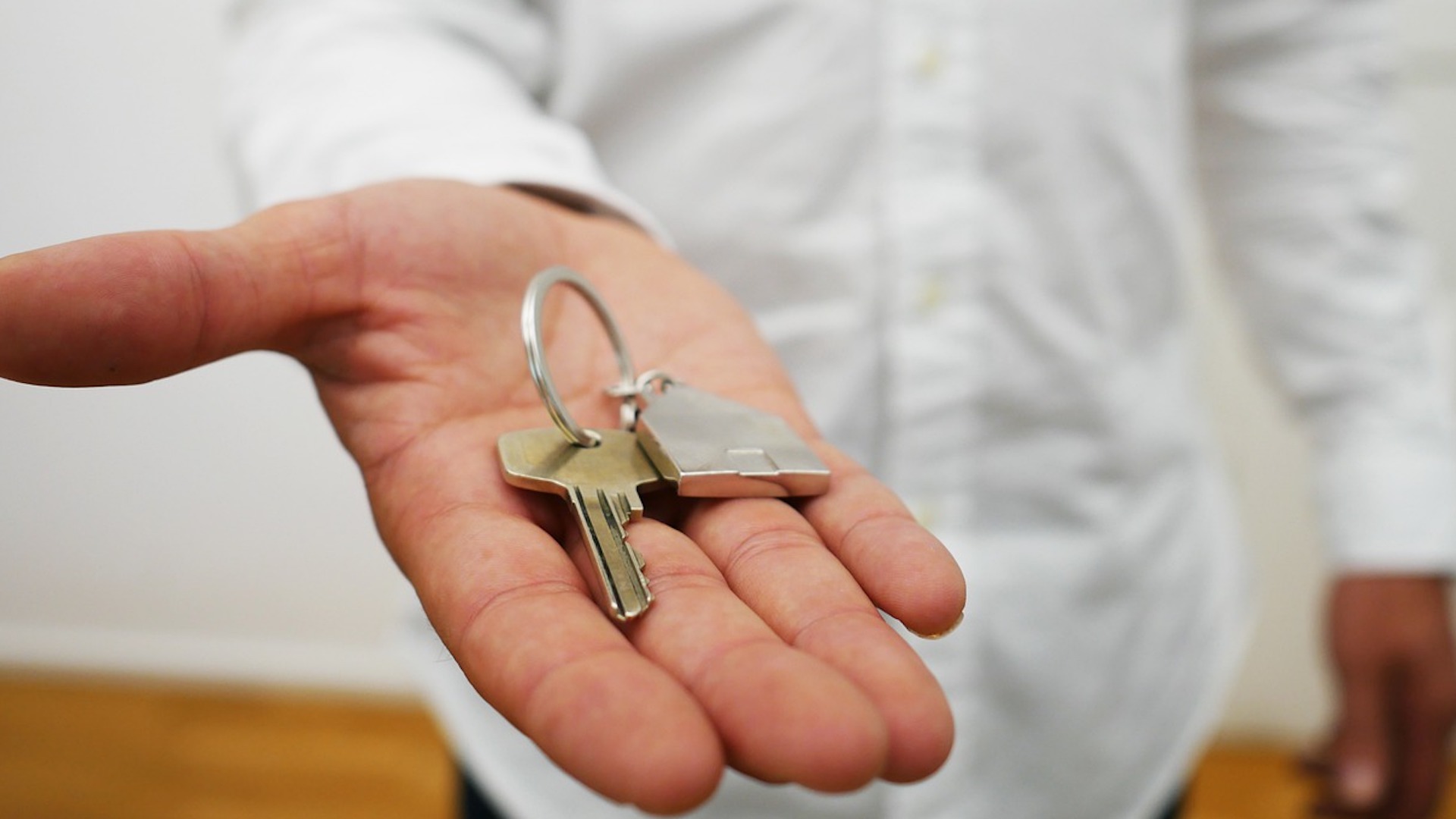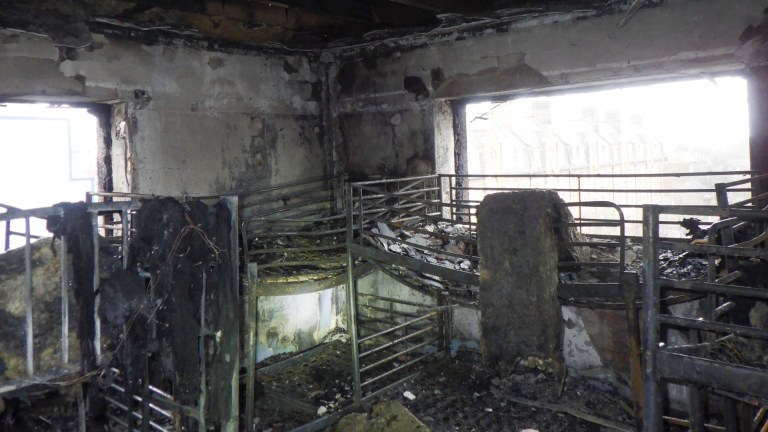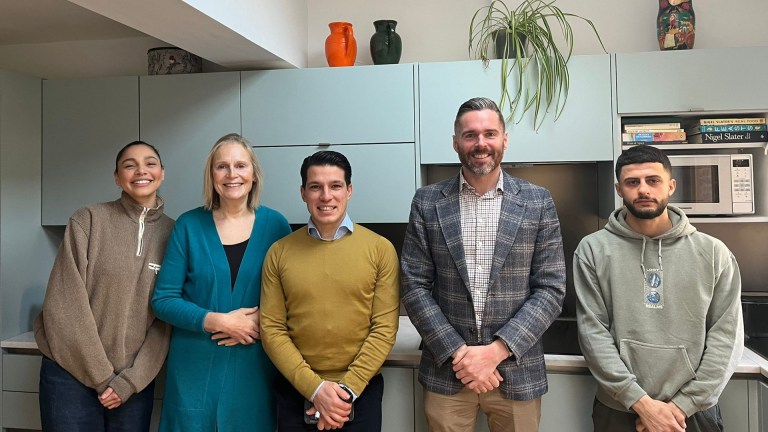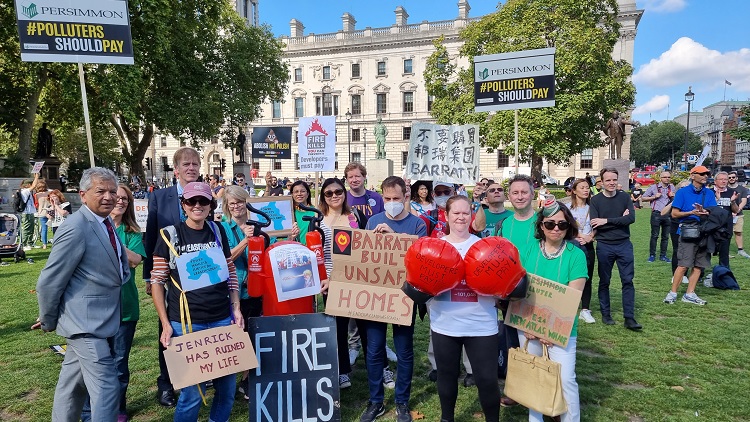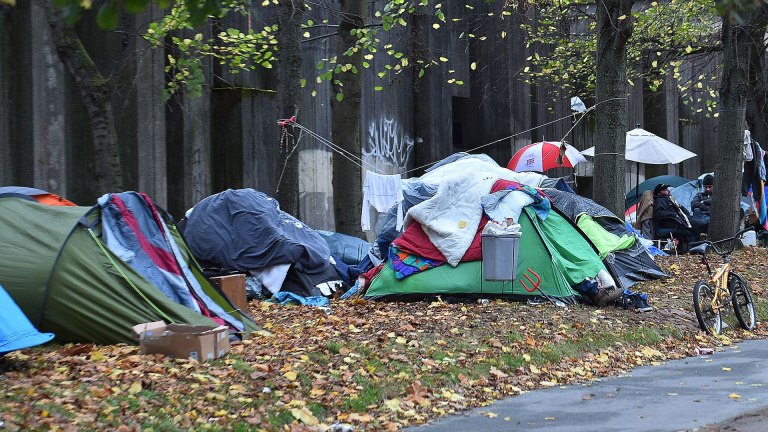Lockdowns have taken income away from hundreds of Big Issue sellers. Support The Big Issue and our vendors by signing up for a subscription.
A home is coupled with support for as long as someone wants it, with the Housing First model formed around the understanding that trauma, addiction and mental health problems also have to be addressed to help someone adapt to independent living for good.
The newly-published framework guides councils through setting up their own Housing First schemes, covering everything from ensuring people with lived experience are included in decision making and remembering to factor in furniture costs to make properties homely.
It also points out that allowing someone to make decisions about their own home makes it more likely that they will be able to settle there long-term. That means giving them choice about location, size and type of property, cost, type of tenancy and pets or housemates.
“Housing First challenges the status quo, there’s no doubt about that,” said Maggie Brünjes, chief executive of Homeless Network Scotland, at a Housing First Scotland conference today.
Traditional approaches often leave homelessness services to pick up the pieces where earlier opportunities to help people were missed, according to Hard Edges Scotland research, and Housing First aims to coordinate all sectors – like mental health and addiction services – to create a web of support that will stop people falling through the cracks.
Advertising helps fund Big Issue’s mission to end poverty
Housing First is not a silver bullet
The plans set out the most important factors that help someone avoid homelessness: having enough money to live off; having good relationships and support networks; feeling a sense of belonging; being involved in “meaningful activity” and having easy access to genuinely helpful advice and information.
“Housing First is a national challenge to redress the unfairness that is faced by people,” Brünjes added. “Homelessness is made much harder by trauma, addictions and mental health problems. And there’s a growing consensus that most of us with the right support can manage our own home as part of a community.
“This is a 10-year framework because we know it’s going to take that long to do this properly.”
Scotland hit a significant milestone in its fight against homelessness in January, when more than 400 people had been moved into homes through the scheme.
There were around 700 people sleeping rough per night in Scotland before the Covid-19 crisis.
Launching the framework designed to help local authorities turn knowledge into action, Brünjes said Housing First being adopted nationwide could “transform what homelessness looks and feels like”.
Advertising helps fund Big Issue’s mission to end poverty
“All of our lives are much more complicated than the silos faced by people trying to navigate the system today,” she added.
“Housing First is not a silver bullet. Until it has branched out to a bigger scale, people will continue to miss out on it and continue to be affected by the experience of homelessness and the damage it causes.
“That’s the challenge ahead of us, scaling this up so it can reach everyone who needs it.”
